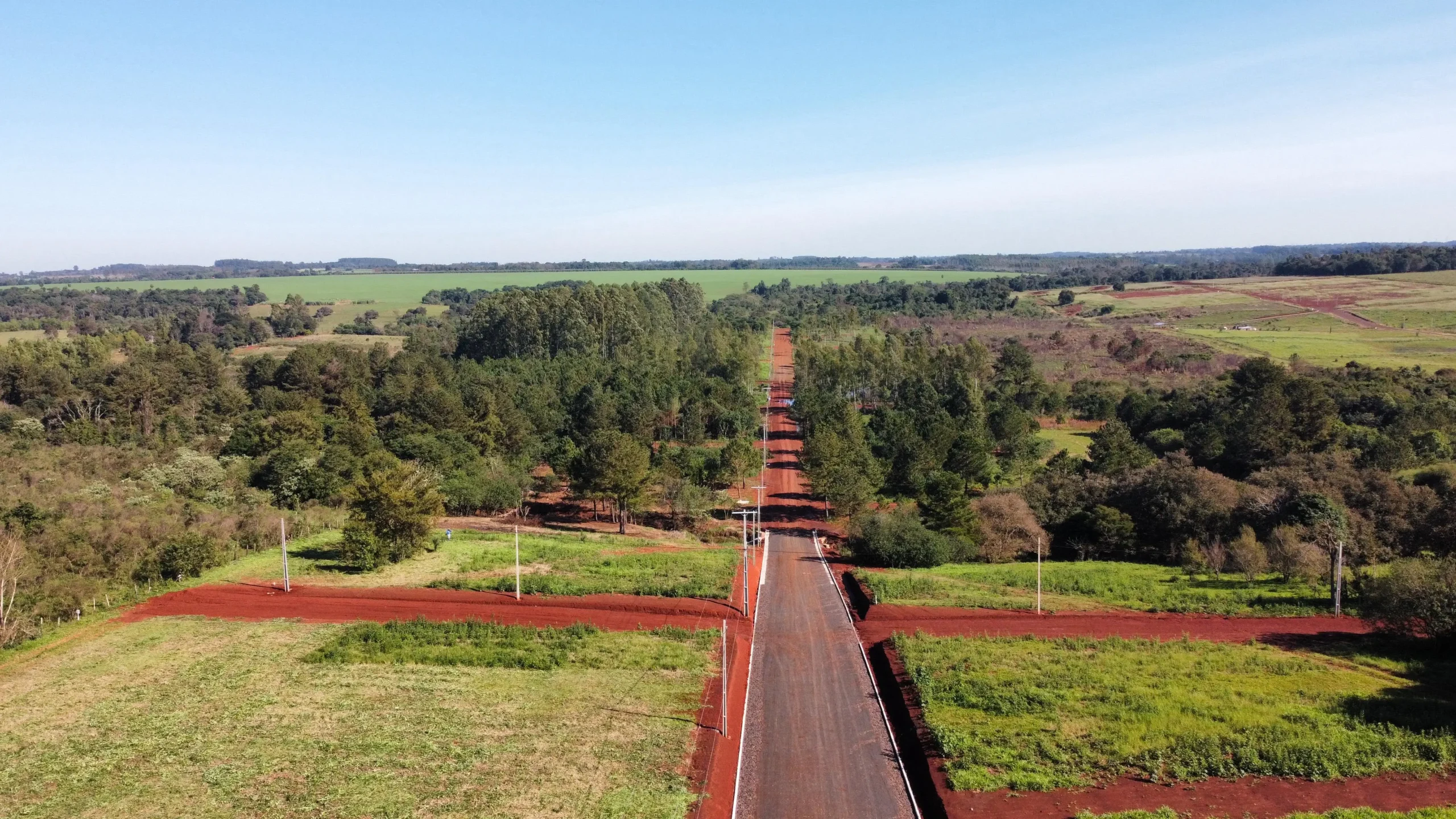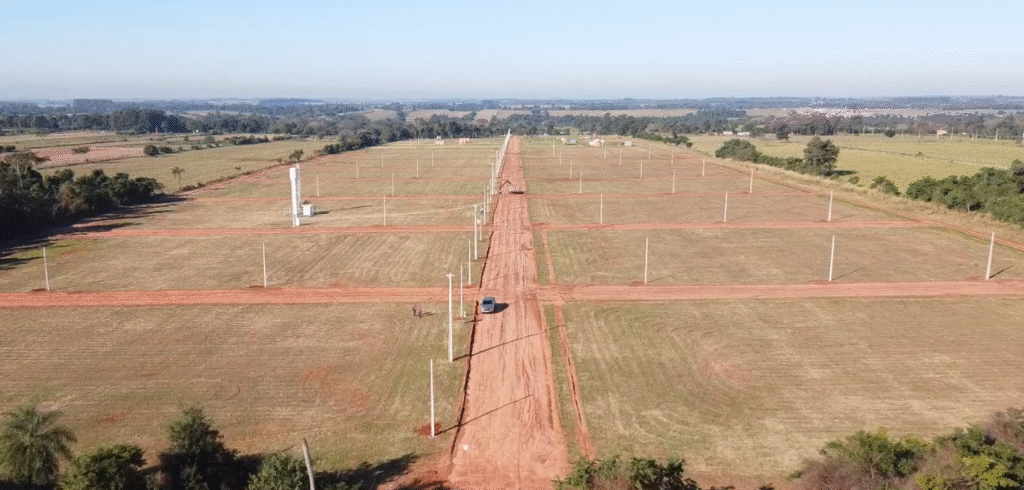Since its foundation in 1994, EMSA Inmobiliaria has grown steadily, becoming one of the most recognized companies in the real estate sector in Paraguay. Born with the mission of democratizing access to urbanized lots, EMSA began operations with projects in Piribebuy, Itá and Luque, marking a pioneering stage in the country’s territorial development.
Over the course of three decades, the company has carried out a strategic territorial expansion, establishing branches in key cities such as Concepción, Ciudad del Este, San Ignacio, Santa Rosa del Aguaray, Caaguazú, Katueté, Villarrica, Juan E. O’Leary, Pedro Juan Caballero and Head Office in Asunción. This growth has allowed EMSA to adapt to the needs of different regions and consolidate its presence in more than 20 municipalities.
One of the most relevant milestones in its evolution was the process of professionalization of its structure. The incorporation of technologies in commercial, administrative and legal areas has strengthened management and improved the customer experience. Likewise, the entry into the stock market in 2013 and the issuance of bonds in subsequent years reflect sound and transparent financial management.
Currently, the company is focused on the development of affordable housing developments in the interior of the country, prioritizing areas with demographic growth, road connectivity and access to public services. In addition, it offers a comprehensive service ranging from municipal approval to after-sales service.
With a multidisciplinary management team and an institutional culture based on trust, commitment and dedication to service, EMSA reaffirms its vision for the future. The company continues to invest in innovation, training and expansion, with the aim of continuing to lead the sector and generating opportunities for thousands of Paraguayans. 31 years after its birth, EMSA Inmobiliaria not only celebrates its history, but also projects a solid future, aimed at consolidating its leadership and contributing to the urban development of the country.
EMSA model: inclusion, urbanization and social transformation
Beyond its role in the real estate market, EMSA has developed a business model with a strong social impact. Since its inception, the company has promoted access to land as a concrete form of inclusion, enabling more than 30,000 Paraguayan families to have access to their own land, many of them for the first time.
This vision goes beyond the simple purchase and sale of land. EMSA understands that owning land means dignity, roots and family projection. As a result, it has promoted more than 250 successful land developments throughout the country, generating lively communities and strengthening the local economy in each area in which it has intervened.
One of the pillars of this impact has been its direct financing model, without bank intermediation. This policy has facilitated access to urban land for sectors historically excluded from formal credit, eliminating economic and bureaucratic barriers for thousands of people.
EMSA’s model also incorporates sustainability and urban planning criteria. Its projects prioritize areas with access to roads, basic services and infrastructure, ensuring the orderly development of the communities. At the same time, it integrates environmental and social criteria from the design stage to the execution of each development. Innovation has also been key. The company has incorporated technologies to optimize commercial management, improve the legal traceability of each project and even implement electronic signatures, thus facilitating the client’s experience. The impact also extends to employment: the land development, surveying and service works mobilize regional economies, generating direct and indirect employment. In addition, each new urbanized neighborhood encourages the appearance of stores and services in the area. Through its model, EMSA demonstrates that real estate development can go hand in hand with social inclusion, sustainability and the generation of real opportunities for people. Its approach not only transforms land into neighborhoods, but also turns dreams into concrete realities, making a significant contribution to Paraguay’s territorial development.






